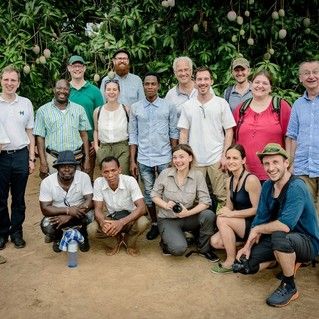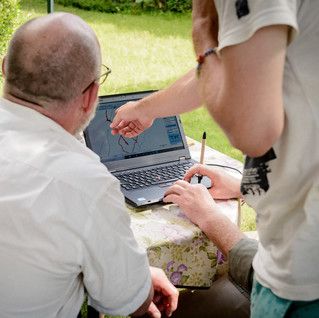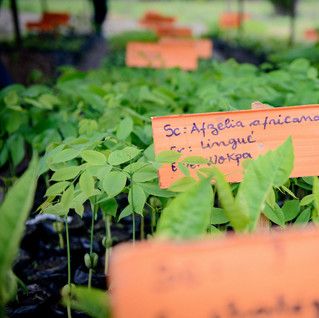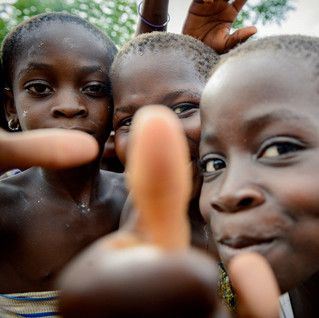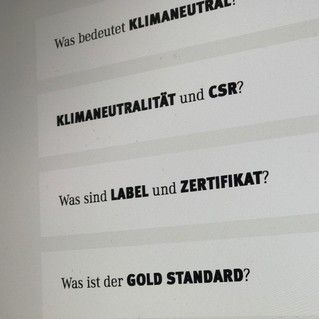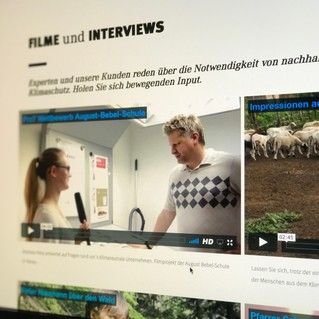create awareness early...
"I believe most people do not want to live at the expense of their children and grandchildren.
This is a universal value of all human communities." Jakob von Uexküll, 2007

strengthen
community
early

convey kid's
awareness of the
environment

appropriate
treatment of
animals
Creating a FUTURE
"The greenhouse effect threatens the development opportunities for Billions of people in the world's poorest countries."
Kirutha Kibwana, kenian minister of the environment
In the last few years, the topic of environmental protection has become increasingly important in West African Togo and has become more and more popular with the people. There are almost no coherent, dense forests and the microclimate in the region is changing. In addition, climate change is intensifying the negative consequences. Therefore, it is important that the emerging generation understands the importance of the environment, what interactions exist and what influence they have.
The IdeA
The school forest project aims to create school forests and vegetable gardens at as many schools in the project region as possible, so that the children develop an awareness of the environment and its relationships at an early stage. In addition, the school forest projects provide meaningful sources of
income for the schools to buy urgently needed teaching material or to improve the school facilities.
School forest projects mean education, Sensitization
and gender equality
The sponsoring of the school forest projects is aimed at companies that want to get involved in the compensation of CO2 emissions in Africa.
A school forest sponsorship always runs for one year and is celebrated with a school garden graduation party. The sponsors receive regular reports, images and text material so that they are informed about the progress of the project and can report on it themselves in their sustainability activities.
The issue of a donation receipt is possible!
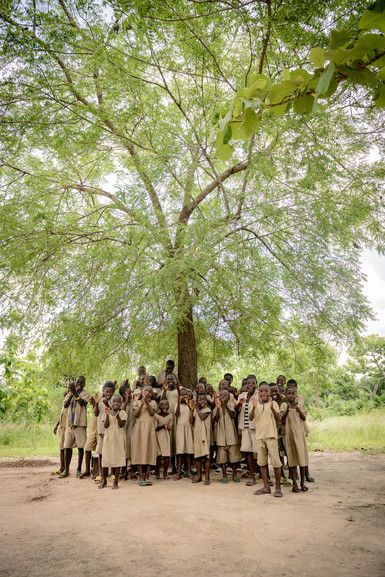
The children of the region in their typical Togolese school uniform
The four phases of the project
"The problems of today cannot be solved with the
thinking of yesterday." Albert Einstein
The entire school forest project is divided into four project phases,
spread over a period of about 32 weeks.

